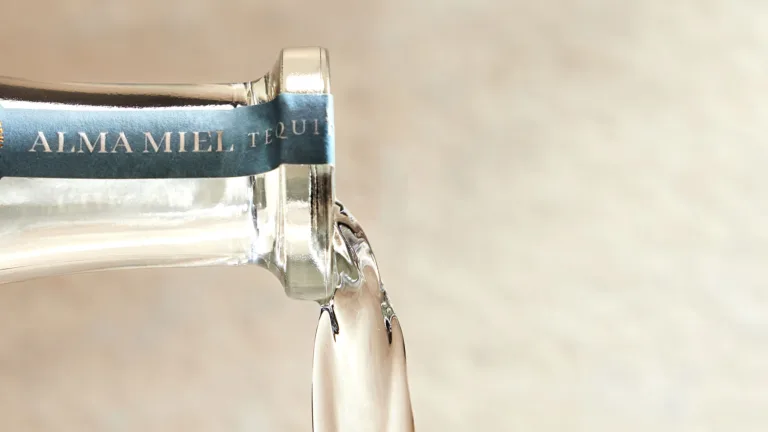While it’s a little jarring to discuss orange wines as a ‘trend’, given that this ancient winemaking style can be traced back thousands of years, orange wines are having a moment. Austria, Georgia and Romania are well-known hotspots, but England and Wales are also getting in on the act. Earlier this year Kent’s Chapel Down released its 2021 Orange Bacchus, the eighth vintage since its 2014 debut. Made purely out of ‘curiosity’, it was England’s first orange wine.
‘No-one had done it before in England and to my knowledge no-one had ever done it with Bacchus,’ says head winemaker at Chapel Down, Josh Donaghay-Spire. ‘Due to its Riesling parentage, many of the aroma precursors in Bacchus are found in the skins and I thought it would be interesting to see what would happen if we fermented in contact with the skins. If you have a curious mind when it comes to wine and flavours, I promise you’ll find it interesting.’
Litmus, in Surrey, followed in 2016 with its first orange, and in 2021 neighbouring Denbies released Solaris, its first orange wine. Orange wines are being made on a tiny scale in England, but it’s growing. ‘We don’t know how good English wines can be so it is imperative that we keep pushing quality up and trying new things stylistically – that is how a wine region develops,’ says Donaghay-Spire.
What is ‘orange’ wine?
The name is slightly problematic. Orange, or skin-contact wines, aren’t made with oranges, nor are they necessarily







